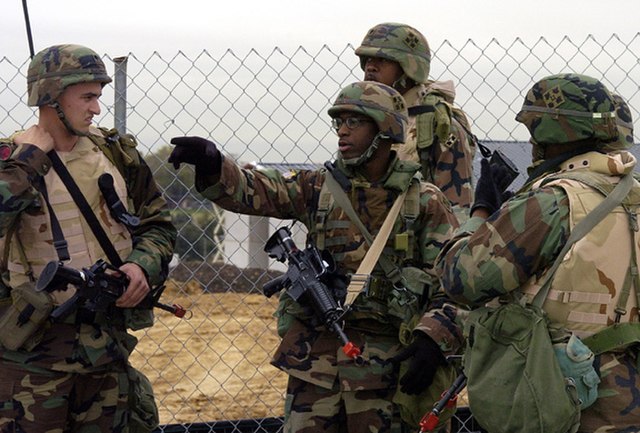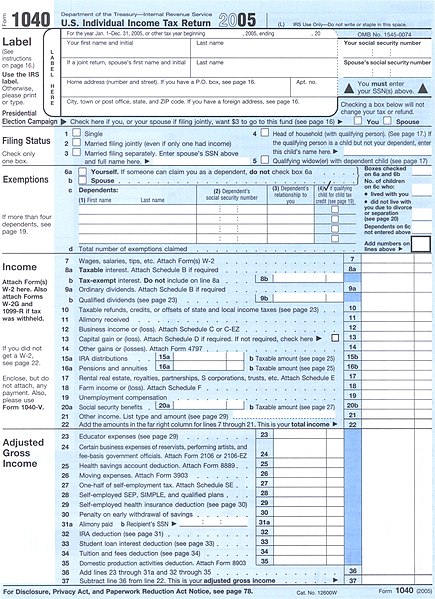Americans are the citizens and nationals of the United States. The United States is home to people of many racial and ethnic origins; consequently, American law does not equate nationality with race or ethnicity, but with citizenship and an oath of permanent allegiance.
European ancestry in the United States by county (self-reported) in 2020
The First Baptist Church in America in Providence, Rhode Island
The Basilica of the National Shrine of the Immaculate Conception in Washington, D.C. is the most significant Catholic church in the United States.
Holy Trinity Orthodox Cathedral in Chicago's Ukrainian Village
Citizenship of the United States
Citizenship of the United States is a legal status that entails Americans with specific rights, duties, protections, and benefits in the United States. It serves as a foundation of fundamental rights derived from and protected by the Constitution and laws of the United States, such as freedom of expression, due process, the rights to vote, live and work in the United States, and to receive federal assistance.
The United States military has been an all-volunteer force since the end of the Vietnam War, but male United States citizens and non-citizens are still required to register for the military draft within 30 days of their 18th birthday.
United States citizens may be summoned to serve on a jury.
Citizens are required to file United States taxes even if they do not live in the United States.
Dual citizenship means persons can travel with two passports. Both the United States and Nicaragua permit dual citizenship.








